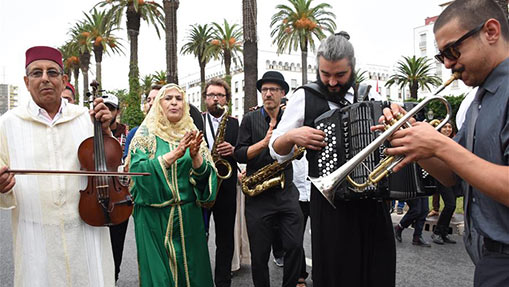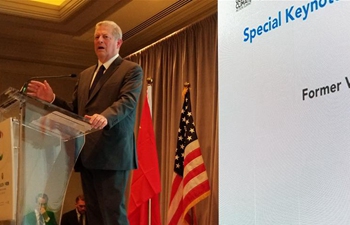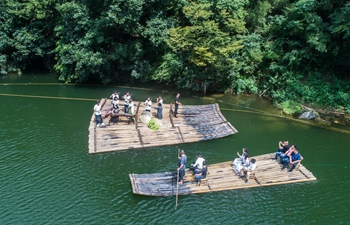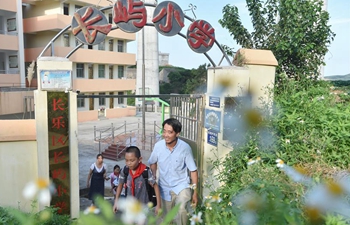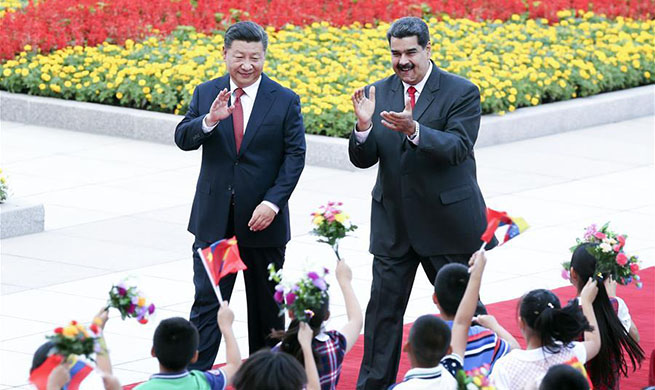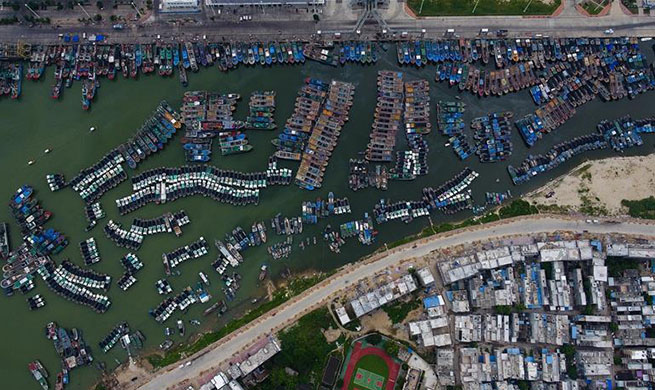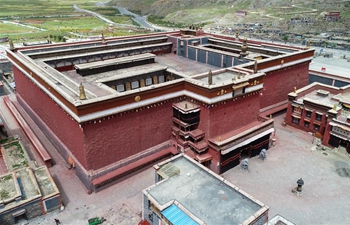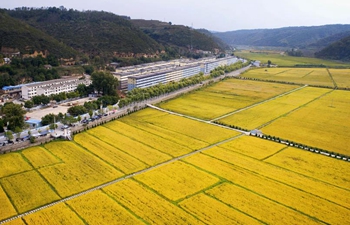by Maria Spiliopoulou
ATHENS, Sept. 14 (Xinhua) -- Migration flows to Greece this summer almost doubled compared to the same period in 2017, making the situation at the reception centers for incoming refugees and migrants on the Greek islands difficult, Greek migration policy minister Dimitris Vitsas said on Friday.
"In Moria (the largest reception center on Lesvos island in the Aegean Sea) about 3,500 people left and 5,500 arrived from the opposite coast," he noted speaking to local Real FM radio station, according to Greek national news agency AMNA.
Although Greece has taken measures to accommodate more people on the mainland and speed up asylum, return and relocation procedures, the influx from the Turkish shores is a decisive factor for the overcrowded camps on the islands, the Greek official argued.
More than 1 million people have landed on Greek shores, risking their lives on the Aegean Sea seeking refuge to Europe from warzones and poverty, since 2015.
After the closure of the borders along the Balkan route to central Europe and the launch of the EU-Turkey agreement to stem the flows in March 2016, the numbers decreased significantly for several months. However, new arrivals are still recorded every day mainly on the northern Aegean islands, such as Lesvos.
Under the 2016 agreement, all newcomers must stay on the islands until their asylum bids are assessed, but the procedure is lengthy and the reception centers are overpopulated.
According to the latest official data provided by the Citizen Protection ministry on Friday, there are currently about 60,000 refugees and migrants in Greece, including about 20,000 on the islands, while capacity for their proper accommodation on the islands of Lesvos, Samos or Chios and Kos is half.
The Greek official called for a concerted redistribution program within the EU rather than leaving the problem to any individual country.
"This means that the issue must be resolved in the countries of first reception, which are mainly Spain, Greece and Italy but also Cyprus, where migratory flows have increased as well," he said.
"There is one way for Europe, the path of common European values, such as solidarity and cooperation," Vitsas stressed.
Earlier, 19 local and international NGOs, such as Praksis or ActionAid, had released a joint statement calling for effective solutions to decongest the islands and improve conditions in reception centers, such as Moria, which currently hosts almost three times its capacity.
"It is nothing short of shameful that people are expected to endure such horrific conditions on European soil," the NGOs statement read, referring to Moria.
Also this week, in a press release the Prefecture of the Northern Aegean described Moria as "unsuitable and dangerous for public health and the environment," and warned that the site would be closed in 30 days if sanitary conditions are not improved dramatically.
The NGOs also urged the EU to come up with a permanent mechanism to solve the problem.
"At the same time, EU leaders should urgently renew efforts to unblock discussions on the implementation of a fair and permanent mechanism of responsibility allocation within the European Union," the NGOs concluded.
According to the National Coordination Centre for Border Control, Immigration and Asylum, in the first semester of 2018, the number of irregular arrivals of third-country nationals across Greece amounted to 42,371, compared to 24,984 during the first semester of 2017.
A total of 14,526 persons illegally entered Greece through the Greek-Turkish sea border, compared to 9,533 in the corresponding semester of 2017.
The total number of returns, including those based on the EU-Turkey Joint Declaration and Voluntary Returns through the International Organization for Migration (IOM), stood at 7,113 in the entire first semester of 2018.
In the first semester of 2018, the total number of asylum applications submitted amounts to 30,192, against 27,823 submissions in the corresponding semester of 2017.
